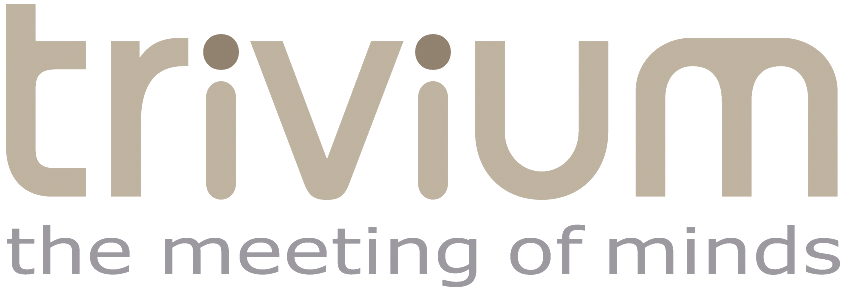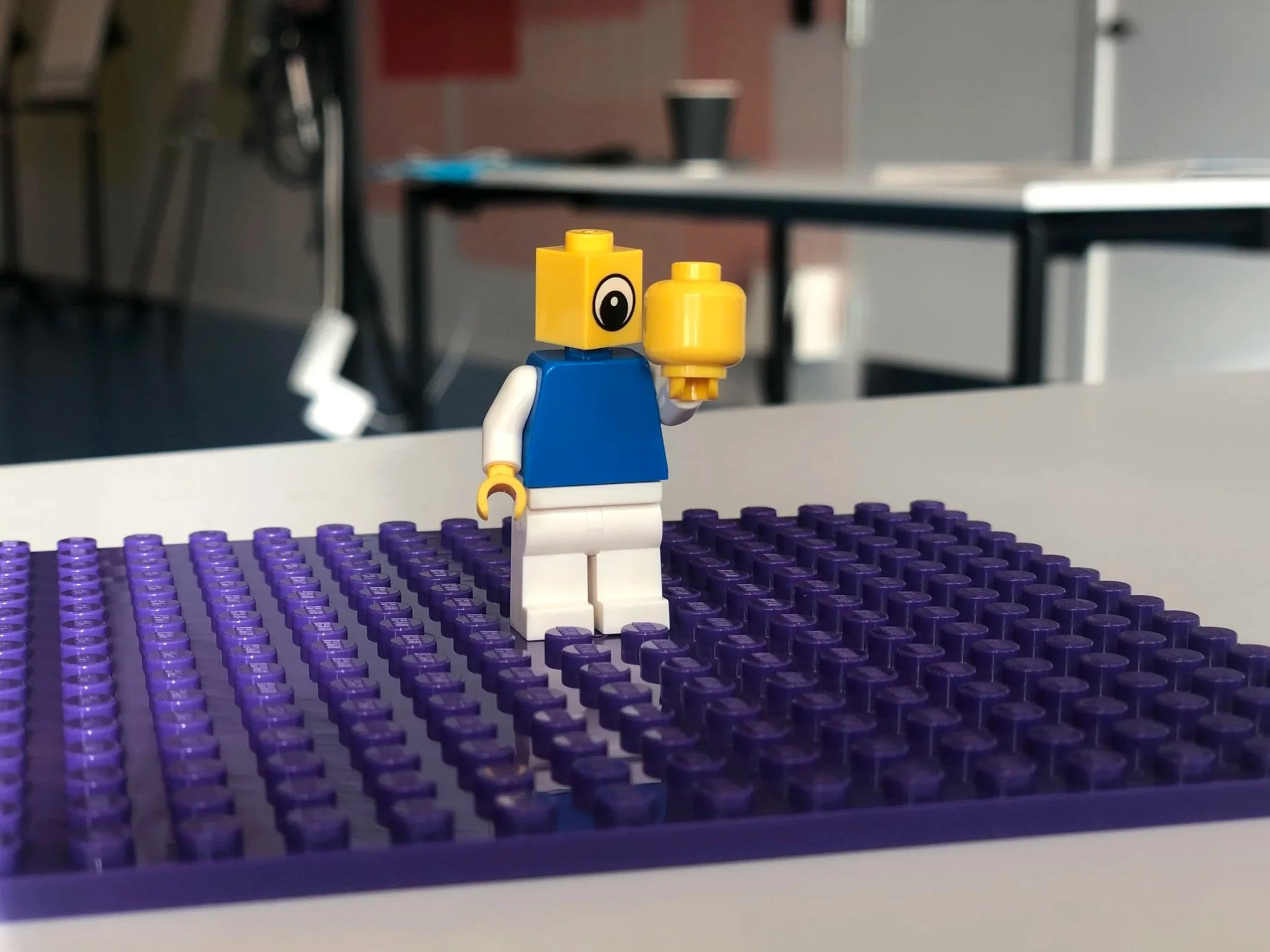Stoicism and the LEGO® SERIOUS PLAY® method: A Facilitator’s Path to Wisdom
As a facilitator and trainer in the LEGO SERIOUS PLAY method (LSP), I help individuals and teams unlock their potential to solve problems and create innovative solutions. LSP is rooted in the belief that everyone has valuable knowledge to contribute, and that by engaging everyone fully, we can develop better, more inclusive solutions. A core principle of LSP is that the facilitator remains neutral, does not offer opinions, but guides participants to deepen their own insights and answers.
But what if we could enhance this process further? What if the ancient philosophy of Stoicism could make us not just better facilitators, but wiser ones?
Facilitation as the Pursuit of Wisdom
Before exploring the intersection of Stoicism and LSP, here is a defintion what facilitation means in this context (or at least what it means to me):
To facilitate is to enable new knowledge, allowing problems to be solved and solutions to be created.
This definition, shaped by my work with LSP, aligns closely with the Stoic pursuit of wisdom. Stoicism, at its core, is about living virtuously, cultivating resilience, and seeking wisdom to navigate life’s challenges. Both LSP and Stoicism share a fundamental goal: unlocking potential—whether in individuals, teams, or ourselves.
Shared Principles: Stoicism and LEGO SERIOUS PLAY
1. Focus on What You Can Control
Stoicism teaches us to distinguish between what we can and cannot control. In LSP, facilitators focus on creating an environment where participants feel safe to explore, build, and share. The facilitator controls the process, not the content—just as Stoics focus on their reactions, not external events.
2. Cognitive Distancing and Self-Reflection
Stoicism practices cognitive distancing—the art of stepping back to observe your thoughts objectively. Similarly, LSP’s process of building and sharing models encourages participants to externalize their thoughts, fostering self-reflection and deeper understanding. Both methods help individuals see their challenges from new perspectives.
3. Premeditation of Adversity
Stoics use premeditatio malorum (or less fancy: premeditation of adversity) —imagining potential challenges to prepare emotionally and mentally. Facilitators do this instinctively when planning workshops: we mentally rehearse what could go wrong and how we will respond. This practice builds resilience and adaptability, ensuring we remain calm and effective under pressure.
4. The Power of the Present Moment
Stoicism emphasizes being fully present. In LSP, facilitators guide participants to engage deeply with the here and now, using their hands and minds to construct meaning. Both approaches ground us in the present, where true insight and action reside.
5. No Gurus, Only Pillars
Stoicism isn’t named after a founder; it’s named after the Stoa Poikile, a place where philosophers gathered. It stands on pillars—wisdom, courage, justice, and temperance—but belongs to no single person. LSP is similar: while it has early architects, it stands on a set of pillars (e.g Core Process, Application Techniquies). We often say it is a community-built cathedral, evolving through the contributions of facilitators and participants worldwide.
How Stoicism Makes Better LSP Facilitators
1. Cultivating Emotional Resilience
Stoic practices like negative visualization and amor fati (loving one’s fate) help facilitators stay composed, even when workshops take unexpected turns. This resilience allows us to create a safe, open space for participants.
2. Deepening Active Listening
Stoicism teaches that wisdom comes from listening as much as speaking. In LSP, facilitators model this by listening deeply to participants’ stories and models, ensuring every voice is heard and valued.
3. Encouraging Meaningful Reflection
Both Stoicism and LSP encourage reflection. Stoic journaling and LSP’s model-building both serve as tools for participants to explore their thoughts, values, and challenges in a tangible way. In LSP, reflection questions are about what we can see in the model, thus allowing participants to meaninfully refect on their knowledge.
4. Fostering a Growth Mindset
Stoicism’s focus on continuous improvement aligns with LSP’s belief in collective potential. Facilitators who embrace Stoic principles see every workshop as an opportunity to learn and grow, both for themselves and their participants.
A Final Thought
Stoicism and LSP are more than methodologies—they are philosophies of action. Stoicism provides the inner framework for resilience and wisdom, while LSP offers the tools to externalize and explore those principles collaboratively.

